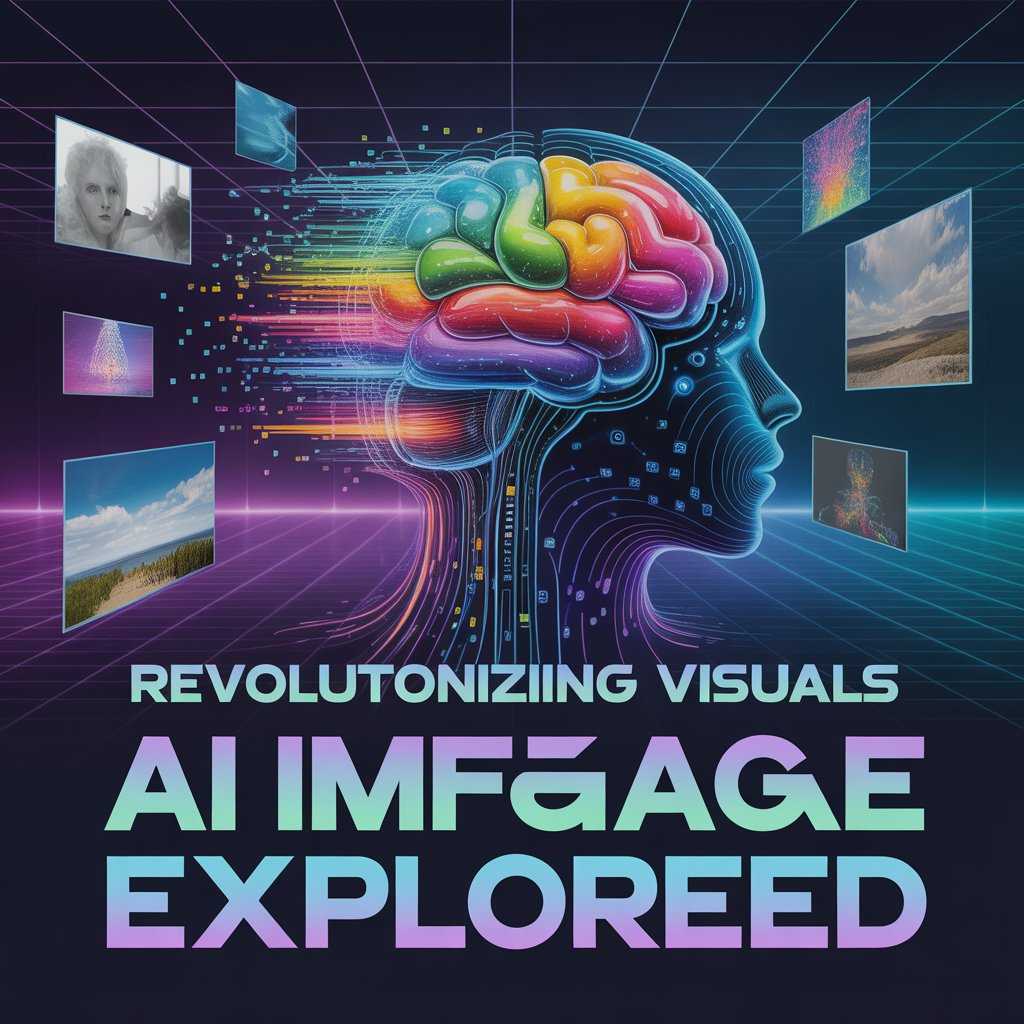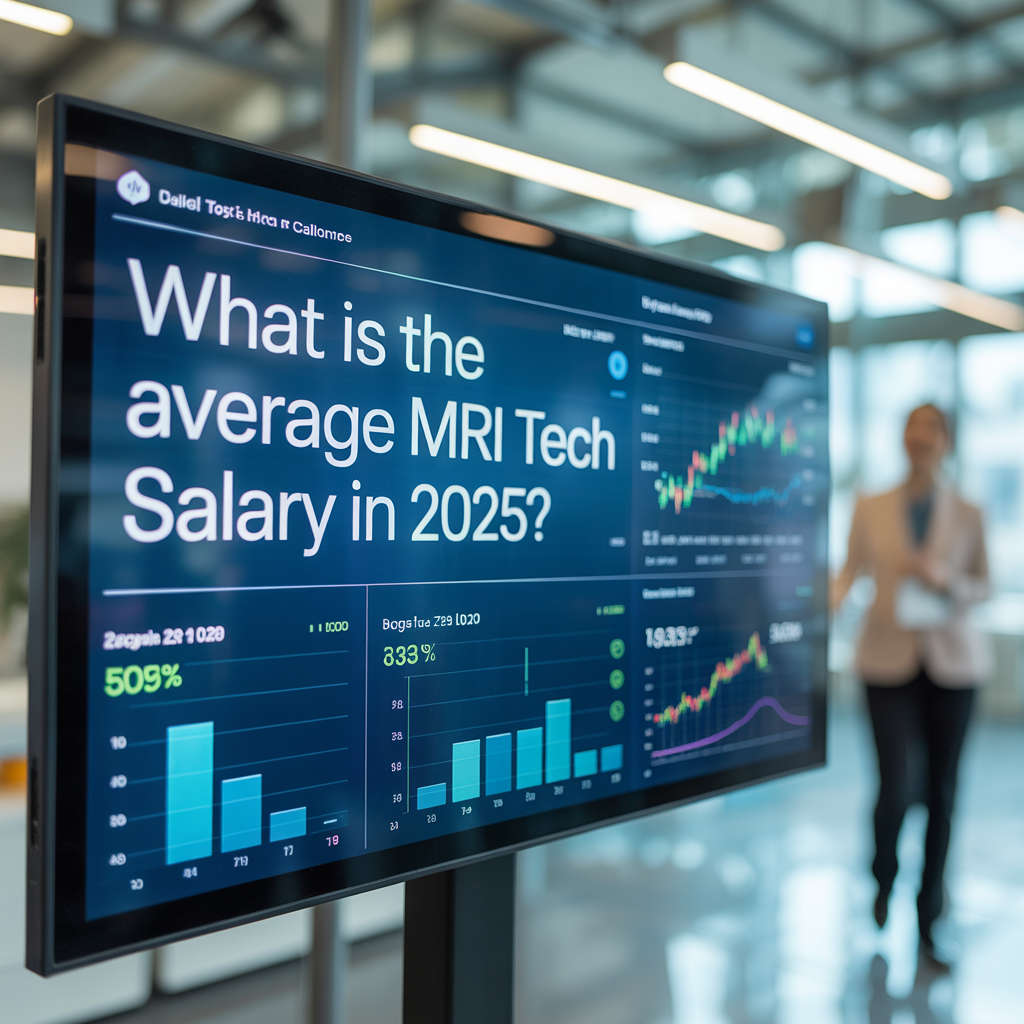People frequently think of private investigators as people who sit in parked automobiles and go through old files. That grit and instinct are still important, but a new, strong partner has joined the fight: artificial intelligence. The emergence of private investigator AI isn’t about replacing human knowledge it’s about making it stronger, making hard tasks easier, and finding leads that are buried in a lot of data. It’s important for investigators, clients, and law firms to comprehend this change in order to navigate the modern investigative scene.
This article looks at how artificial intelligence is used in investigations. We will talk about what these tools are, how to use them, their pros and downsides, and the most important ethical issues that come with them. Investigators may get findings faster, more accurately, and for less money than ever before by combining cutting-edge technology with timeless human skill.
Understanding Private Investigator AI
So, what does it mean when people talk about “private investigator AI”? It means that software and systems use AI tools like machine learning and natural language processing to help with investigations.
The fundamental difference between traditional and tech-driven methods is how big and rapid they are. It could take a person weeks to look through financial records or social media profiles by hand. An AI-powered system can look at thousands of data points in a couple of minutes and uncover patterns and anomalies that a person might not see. This frees up the human detective’s time so they may focus on more vital tasks, such as interrogating witnesses, keeping an eye on people, and applying critical thinking to make sense of the information AI sends them. It’s a partnership in which technology does the heavy work of looking at data, giving people the chance to do what they do best: understand, plan, and solve.
The Evolution of Investigations in the Digital Age
Technology has always changed private investigation. The shift from physical stakeouts to computerized surveillance was only the start. The internet, big data, and social media made a huge amount of information available, which gave investigators both new chances and new problems.
At first, investigators looked through web databases and social media sites by hand. This got less and less useful as the digital world evolved. There was so much data that it was hard to handle. This is when private investigators really needed AI tools. They helped investigators discover the needle in the haystack by giving them a mechanism to deal with the digital flood. Adapting to these new ways of doing things is no longer just a good idea; it’s necessary to stay current and useful in the profession.
Key Benefits of Using AI in Investigations
Integrating AI into investigative workflows offers significant advantages for both investigators and their clients.
- Efficiency: AI systems can look through public records, financial papers, and data on the internet thousands of times faster than a person can. This cuts down on the time it takes to do the first part of an investigation by a lot.
- Cost-Effectiveness: By automating time-consuming tasks, AI-powered investigation software reduces the billable hours required for a case. This makes professional investigation services more accessible and affordable for a wider range of clients.
- Accuracy: AI is quite good at finding patterns. For example, in AI for fraud detection, algorithms may find little mistakes in financial transactions that would be very hard for a person to find by hand. This results in outcomes that are more accurate and dependable.
- Accessibility:Before, only big agencies with a lot of money could afford complex analytics tools. AI solutions are now cloud-base and available on a subscription basis. This makes it possible for small businesses and individual investigators to use strong tools.
Major Use Cases for Private Investigator AI
Artificial intelligence in investigations It’s not a futuristic idea; it’s being used in real life every day in a lot of different types of scenarios.
Background Checks and Verification
AI background checks have become a common instrument. AI systems can quickly check a person’s background, qualifications, and identity against information from many sources, like public records, social media, and professional networks. This is quite useful for checking someone out before hiring them, doing due research, and dealing with personal issues.
Missing Persons and Asset Tracing
In AI for missing persons cases, facial recognition technology can go through a lot of public web photographs and videos. AI may also look through financial records and property databases to find hidden assets in divorce proceedings or investigations of corporate crime.
Fraud Detection and Corporate Investigations
This is one of the strongest apps. AI systems can look at transaction data in real time to find trends that suggest fraud. AI systems can also watch network activity for signals of spying or bad behavior within a company for business clients.
Digital Footprint Tracking
Most people leave a digital trace. AI surveillance technologies may legally and lawfully gather and look at a person’s public online behavior on social media, forums, and other websites to create a full picture of their relationships, interests, and movements.
Real-World Examples of AI in Action
- Case Study: Uncovering Corporate Fraud:A big company thought one of its workers might have stolen money. Investigators looked at years’ worth of spending records and bank transactions using an AI platform. The AI immediately found a pattern of minor, seemingly unrelated payments to a shell firm that manual audits would have missed. This resulted to the return of more than $2 million in stolen money.
- Case Study: Finding a Missing Teenager: When a teen went missing, detectives utilized AI-powered technologies to look at their social media activity. The technology found a new connection and looked at public posts and check-ins to figure out a likely route of travel. This tip, together with regular police work, helped find the teen safely within 48 hours.
- Case Study: Stopping Corporate Espionage: A software company saw strange network traffic but didn’t know where it was coming from. They found out that an employee was utilizing a complicated way to steal proprietary code by using an AI security technology. The AI found the strange trend in data transfers, which helped the organization stop a big data breach.
Limitations and Risks to Consider
While powerful, private investigator AI is not infallible. It’s crucial to be aware of its limitations.
- False Positives: AI systems can sometimes flag innocent activities as suspicious, leading to wasted time and potential false accusations.
- Overreliance on Technology: Using AI without checking with a person first is a sure way to fail. Technology is a tool, not a substitute for good judgment in investigations.
- Lack of Context: AI can find data points, but it typically has trouble understanding the context, subtleties, and intentions of people. People can think a satirical post on social media is a real danger.
Legal and Ethical Considerations
The use of AI in legal investigations operates within a strict legal and ethical framework.
Privacy Laws:
Privacy laws that investigators must obey include the GDPR in Europe and similar laws in the US. You need to build up AI tools so that they can only obtain data from sources that are open to the public or that the law says they can.
Admissibility in Court:
To be used in court, evidence collected with AI technologies must be able to be verified and the process of gathering it must be written down. Some AI is hard to understand since it works like a black box, thus investigators need to be able to explain how they came to a decision.
Maintaining Ethics:
AI surveillance tools are quite powerful, thus you need to have a strong moral compass. The goal is to get information in a lawful and moral way, without crossing the line into illegal harassment or invasion of privacy.
Why Human Skills Remain Irreplaceable
Technology is a powerful ally, but the core of investigation remains deeply human.
- Interviews and Interrogation: Building rapport, reading body language, and asking incisive questions are skills only a human can possess.
- Observational Skills: An investigator on a stakeout might notice a detail—a nervous glance, a car circling the block—that an AI would completely miss.
- Emotional Intelligence: Cases often involve sensitive situations requiring empathy and human understanding, whether it’s comforting a client or persuading a reluctant witness to talk.
- Critical Thinking: The most important skill is interpreting ambiguous data and piecing together a coherent narrative. AI provides the puzzle pieces; the human investigator puts them together.
The Future of Private Investigation with AI
AI for private investigators is changing quickly. More advanced predictive analysis, better integration of AI with cybersecurity for digital forensics, and the rise of real-time data tracking are all likely to happen in the future. As these technologies get better, the industry will have to keep talking about where the boundary is between useful tools and invading privacy.
People who see technology as a way to improve their own skills, not as a crutch, will be successful in this new era.
Take the Next Step
The use of AI has changed the way private investigators work in a big way. Using AI techniques for private investigators lets them get results faster and more accurately while still following the highest ethical standards. This means that clients can get services that are faster and better.
A hybrid model will be the future of inquiry. It will combine the analytical power of robots with the unique intuition, empathy, and critical thinking of human investigators. It’s not just about working harder; it’s about working smarter to get the truth.
Frequently Asked Questions (FAQs)
Is private investigator AI legal to use everywhere?
Generally, yes, as long as the AI tools are used to gather information from public sources or with legal consent. Investigators must comply with local, state, and federal privacy laws.
Can findings from AI be used in court?
Yes, but the evidence must be verifiable, and the investigator must be able to explain how the AI tool arrived at its conclusions. Proper documentation and maintaining the chain of custody are crucial.
Does AI replace human investigators?
No. AI is a tool that enhances an investigator’s capabilities. It automates data analysis, but human skills like critical thinking, interviews, and intuition remain essential.
How is my data kept private if an investigator uses AI?
Reputable investigators use secure, compliant AI platforms and follow strict data protection protocols to ensure client confidentiality and protect all collected information.
Are AI investigation tools expensive?
Costs vary. While some high-end platforms can be expensive, many effective tools are available through affordable subscription models, making them accessible to smaller firms.
How do small agencies benefit from AI tools?
AI levels the playing field, giving small agencies access to powerful data analysis capabilities that were once only available to large corporations, helping them compete more effectively.
Can AI help in personal cases like cheating investigations?
Yes, AI can look at public social media behavior in a way that is fair, compare records, and uncover connections that might be useful to specific instances. This provides the investigator some leads to follow up on.
How do investigators ensure AI-driven results are accurate?
By reviewing AI results against several sources, doing manual checks, and using their own expert judgment on the data. People treat AI discoveries as leads, not as facts that have been validated..
Are there risks of false accusations with AI?
Yes, if the data isn’t checked out properly. This is why it’s so important for people to keep an eye on things. A professional detective will never say someone is guilty based only on an AI conclusion that hasn’t been checked.
What is the future of private investigation with AI?
The future will be a smooth partnership between people and machines, with AI doing large-scale data processing and investigators focused on strategy, human engagement, and final analysis.




